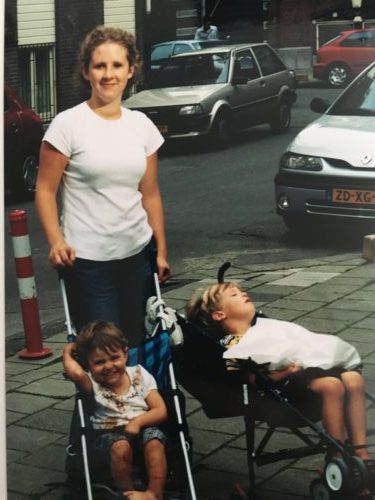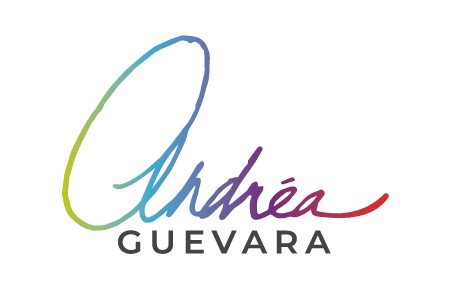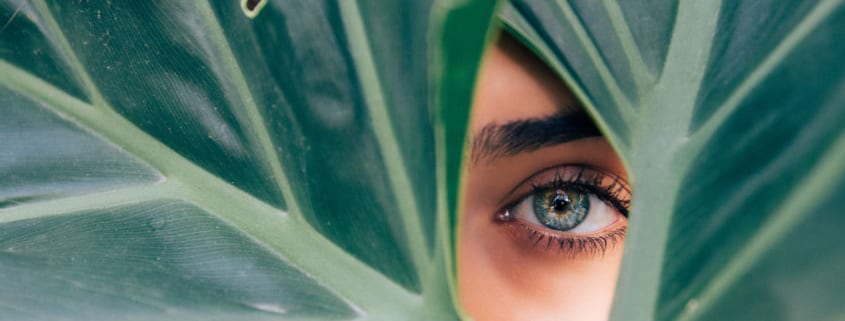What if There’s a Refuge Built Right Inside Every Human Being?
This week I listened to an episode of the On Being podcast that made me reconsider how we humans survive trauma or hardship.
Krista Tippett’s interview with poet John O’Donohue was profound. I found myself rewinding and replaying segments that rang through my body like an ancient song of wisdom. I’d like to share with you what struck such a resonant chord with me.
Here’s the transcript excerpt of O’Donohue talking about the thirteenth century mystic called Meister Eckhart:
…one day I read him, and he said, “There is a place in the soul that neither time nor space nor no created thing can touch.” And I really thought that was amazing. And if you cash it out, what it means is that your identity is not equivalent to your biography and that there is a place in you where you have never been wounded, where there is still a sureness in you, where there’s a seamlessness in you, and where there is a confidence and tranquility in you. And I think the intention of prayer and spirituality and love is now and again to visit that inner kind of sanctuary.
This simple thought made me feel like rewriting the story I’d been telling myself about my own life. See, lately I have been reclaiming the idea that none of us are our past, or “our story.” I think for so long I held on to the idea of figuring out my past in order to find answers to my identity. Years into researching and writing my own memoir, I now see that while my past has served to form me, I am so much more than my story.
Let me explain.
Years ago, there was a moment when the course of my life changed drastically. It was 1995; I was fifteen and engaged to be married to a man I wasn’t in love with (long story). Between my fiancé’s absolute joy, my parents’ financial investment in the wedding, and my people-pleasing mentality, I didn’t have the nerve to call things off. I told no one how I felt, but squirreled away my truth into a place so deep within my soul that I soon forgot it was there. I told myself I could do ‘this’-for everyone else’s sake. All it required was some denial and muscling through.
The new me continued in the forward motion of life, getting married at sixteen, pregnant at seventeen, and again at nineteen. I moved across the country with my then husband and children, and was a good Christian wife who submitted to him, and followed where he led. From time to time, my natural verve broke through and I’d challenge him on theological or philosophical assumptions, or what I believed to be my one area of expertise-how the children should be raised. But for the most part, I lived with eyes half-shuttered, ears muffled, and head down.
As the years passed, though I had an eternally deep well of love for my children, I grew numb to most everything. Soon the simple act of continuing to exist became painful. I slipped into a depression and then slipped back out (sort of) while taking Zoloft.

Me at 22, with my kids in Europe; daughter covered in chocolate, son passed out. Summer 2002
About six years into that murky time, we compiled student loans, a little savings, and a lot of credit card debt to fund a twelve-week trip across Europe with our four-year old and nineteen-month-old. It was there in Europe, exposed to a vast expanse of life, history, and culture that I realized there was more to life than how I’d been living. My head raised, eyes snapped open, and my ears suddenly heard what they couldn’t before.
But the problem with understanding that there is more, is realizing that you don’t have it.
I began to see that my melancholy was caused by a slow bleeding-out of everything I once was before I got married. And because I had married so young, I had been losing my identity before it had had a chance to fully form. My soul was dying in the marriage we had constructed of silt and toothpicks.
But that secret part of me I’d hidden away almost a decade before began to crackle and glow within me and do its work to bust apart the layers of murky malaise I had lived in so long.
I’ve been working on a memoir for several years now and have always interpreted that “me nugget” I squirreled away at fifteen as a vestige of my former self-the girl I used to be. Through the fifteen plus years since that fateful Europe trip, my children and I have been through multiple serious hardships (more on that another time).
Lately, I’ve been wondering when I’ll run out of energy to weather the next life challenge, when or should it arrive. I have been looking at myself like a damaged warrior. As anyone who’s been through a marathon of personal battles will tell you, what doesn’t kill you doesn’t always necessarily make you stronger. Sometimes it drains you to within inches of your life.
And then this thought came along on the podcast-through the centuries, through Meister Eckhart, and John O’Donohue: what if there is a part of me that is untouched by fear or trauma? What if there is an island of solace in the depths of each of us? What if there is an eye of the storm we can come home to when our lives are whirling in chaos?
What a relief. I don’t have to worry about being strong enough if I can retreat to my untouched soul when I need to regroup.
After I listened to the podcast, I discussed this idea over lunch with my son and daughter, now nineteen and sixteen. They brought up Eastern philosophies which teach not only a sort of untouched place in your soul, but that it is a communal space we all belong to. It is a central universal consciousness where we find refuge and connection with the entire human race and maybe all of earth itself.
We all have our own private struggles, some in the hard work of pursuing our dreams, some in the push of birthing beauty into this world, and others with massive health, economic, cultural, weather, or societal events that threaten to crack us open and bleed us out.
I’m not convinced there’s always a reason for when bad things happen. I mean, tell that to the child imprisoned as a sex-worker, or to the countless families who’ve lost their homes in Hurricane Harvey and Irma, or the refugee who lost his family.
I’m not saying there can’t be purpose in tragedy. But that line of reasoning has only ever comforted me when the stakes are low. Otherwise, it reeks of bullshit.
Still there are some of us who weather tragedy and hardship better than others. Maybe this unwounded soul thing is why.
I like the idea that there is an inner holy refuge built right into each of us, that it is something I can cling to when the storm is raging all around me.
O’Donohue went on to mention that the most direct way to connect with that part of ourselves (and our interior life) is through beauty, whether it is an impeccably performed song, a well-crafted book, the exquisite dance of nature, or a lovingly prepared meal. These corporeal pleasures fast-track us from fear to home (the home inside ourselves).
So maybe I never actually squirreled away that part of me like I thought I did. Maybe that untouched part of me was always there, waiting for me to reconnect. And perhaps that Europe trip came to me at the exact right time, when seeing masterful art at the Louvre, sipping beer in a German beer garden, savoring chocolate in Belgium, and standing in the Roman Forum connected me not only to that stalwart part of me, but bound me to the consciousness of my sisters and brothers throughout history as well.
I felt this while I was there, but never had the concept to wrap around the feeling. Until now.
Maybe that sureness is what has sustained me through my own personal hells. Maybe that is the super power we all have and we all share and need only access.
I choose to believe the beauty we see, the beauty we are, and the beauty we create has the power to truly change the world.
>> Listen to the John O’Donohue episode of On Being. << Namaste




Trackbacks & Pingbacks
[…] that’s when another voice shows up, your own untouched soul voice, the one that is unphased by life’s barbs, the one that says, great job, this is good, […]
[…] often ignore the wisdom we have deep down. Asking ourselves if we really believe in what we’re doing can often reveal clues to whether or […]
Comments are closed.